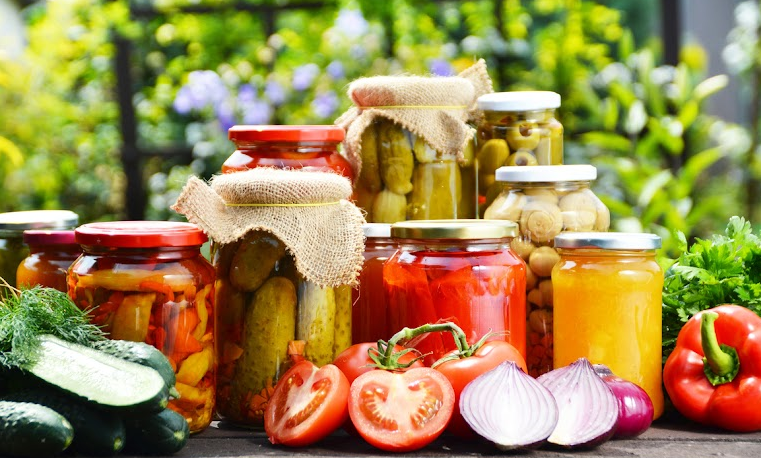What are the benefits of jarred and bottled products? Listed below are the top reasons: convenience, sustainability, and ecological impact. There is a huge market for packaged food in the United States, but can you really tell which one is the best? Which packaging material is best for your product? Read on to find out! Below are the top three reasons to choose bottled and jarred goods for your next grocery store trip.
Convenience
Bottled and jarred packaged goods are popular for many reasons, including convenience, portability, and hygiene. Bottled and jarred goods offer more variety than open containers and can be easily stored at home. They are also a good choice for health-conscious consumers, as they have lower environmental impact than open containers. Soft drinks and beer are the two most popular types of bottled and jarred goods, and the demand for them continues to grow.
Air changing properties
Many people prefer jarred over bottle-packaged goods, because they can keep the product fresher longer. This is due to the air-changing properties of jars and bottles. These properties keep the goods fresher, which extends their shelf life. In addition, bottle-packaged goods are more convenient because they are more compact. These properties also make them more affordable for many consumers. This makes bottle and jar-packaged goods more environmentally-friendly and more widely available.
Jars and bottles are available in a variety of shapes and sizes. They are great for storing and transporting food. Glass jars are an environmentally-friendly option, and they can be easily refrigerated when needed. Glass jars are also biodegradable, recyclable, and easily breakable. These factors make bottle and jar-packaged goods an excellent choice for the environment and your wallet.
Ecological impact
The use of bottles and jars for packaging products is not new. These products were first invented to facilitate the transport of goods and services. With the spread of global mobility, their use increased exponentially. Moreover, as people traveled and settled in different areas, they adapted different cultures and began to produce things from all over the world. As a result, they gained financial benefits. The eco-benefits of packaged goods are well documented in this article.
Compared to plastic bottles, glass consumes a larger amount of energy. Unlike plastic bottles, glass can be recycled several times. Once cleaned and sterilized, it can be reused. While plastic is recyclable, it degrades after each cycle, so it is not commonly used to make new bottles. However, plastic bottles are reused to produce synthetic clothing and tapestries, a process known as downcycling.
Moreover, bottles and jars are more costly than plastic. Jar packaging is also harder to recycle. Bottles are recyclable, while jars are not. They are not the most eco-friendly option, but they offer similar benefits and drawbacks. Compared to plastic, glass jars are more durable and robust than plastic. This means that they are more cost-effective for consumers. But the downsides of jar packaging outweigh their benefits.
Sustainability
Plastic has long been a favorite packaging material because of its low cost, flexibility and durability. Bottles used to hold liquids and food products are incredibly popular. But plastic is also notorious for its environmental impact. Not only is it non-renewable, but it’s also not recyclable, making it a major contributor to landfill waste. Furthermore, these bottles are the most abundant types of packaging material in the landfills, taking up the most space. Glass bottles, on the other hand, are more sustainable and easy to recycle.
Bottled and jarred packaged goods are widely available in markets across the globe. Many people prefer this packaging over open containers for convenience and variety. Jarred packaged goods also tend to have a lower environmental impact than their open container counterparts. Regardless of the benefits, consumers are often faced with a choice: jarred packaged goods are better for the environment than their plastic counterparts, but many people still prefer them for convenience.
Final Steps:
Although glass jars are cheaper and easier to recycle than bottles, they can have a shorter shelf life. Glass cans are prone to breakage and microorganisms. Additionally, glass jars are prone to oxidation, which damages food and can also lead to spoiled products. Jars also have shorter shelf lives than bottled goods, which can lead to food spoilage. And because glass is prone to breakage, jars should be properly sealed to avoid contamination and loss.


